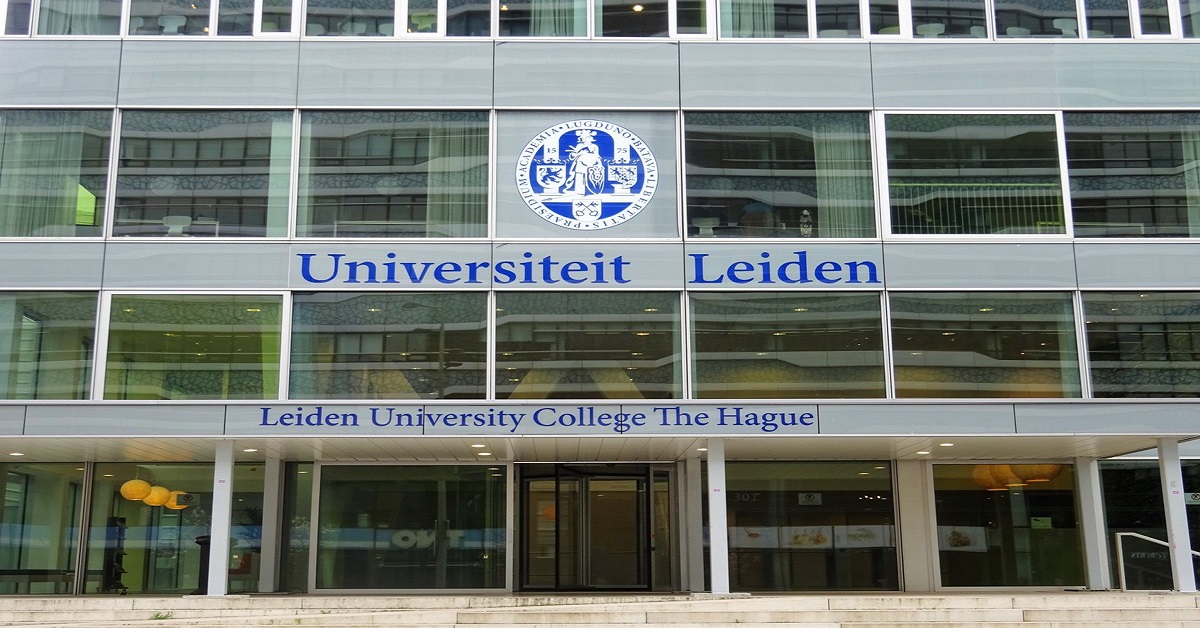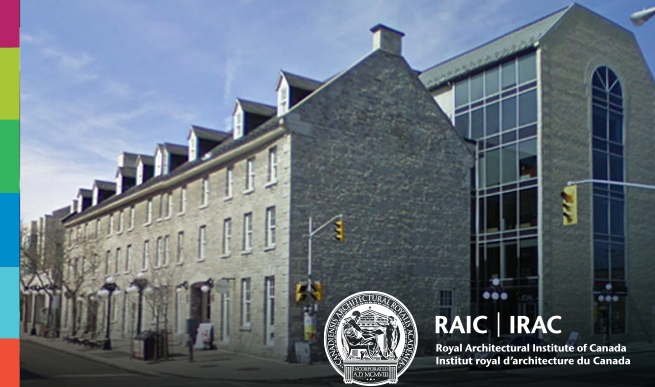
Postdoctoral researcher in Theoretical Chemistry in The Faculty of Science and Leiden Institute of Chemistry
Plasma surface interactions (PSI) are of relevance in many industrial applications. PSI-models currently used in engineering are empirically motivated and parameterized based on prototypical lab experiments. Consequently, they lack important chemical insights at the atomic scale as well as transferability. In principle, state-of-the-art electronic structure calculations based on density functional theory (DFT) are able to accurately describe all the aforementioned atomic-scale phenomena in a material-specific fashion. In practice, however, their high computational cost limits such calculations to very small length and time scales (nano meters and nano seconds, respectively). Coarse-graining the effect of the electrons on the chemical interactions into simplified interatomic potentials based on analytical expressions with a plethora of material-specific parameters allows to reduce the computational effort, but can also significantly limit the accuracy – in particular when it comes to describing the making and breaking of chemical bonds. Machine-learning-based (ML-based) interatomic potentials have been demonstrated to overcome these limitations for particular systems and thus scale-up DFT-quality models to length and time scale that are interesting for modeling PSI. The project aims at bridging the gap towards applications in an industrial setting and is carried out in close collaboration with ASML.
Objectives
- Development / extension of interatomic ML potentials to more than two elements;
- Molecular dynamics simulations for threshold displacement energies in grains of supported Ru thin films;
- Code optimization optimization (if necessary).
Selection criteria
- PhD degree in Physics or Chemistry;
- Focus on and passion for machine learning in the context of materials modelling and its applications (in particular large-scale molecular dynamics simulations);
- Excellent proficiency in English;
- Experiences with large-scale computing facilities;
- Scripting and programming skills (preferentially with Python or Julia);
- Other desirable skills: DFT calculations for periodic systems (VASP etc.), Atomic Simulation Environment (ASE).
Our organisation
The Faculty of Science is a world-class faculty where staff and students work together in a dynamic international environment. It is a faculty where personal and academic development is top priorities. Our people are committed to expand fundamental knowledge by curiosity and to look beyond the borders of their own discipline; their aim is to benefit science, and to make a contribution to addressing the major societal challenges of the future.
The research carried out at the Faculty of Science is very diverse, ranging from mathematics, information science, astronomy, physics, chemistry and bio-pharmaceutical sciences to biology and environmental sciences. The research activities are organized in eight institutes. These institutes offer eight bachelor’s and twelve master’s programs. The faculty has grown strongly in recent years and now has more than 2,300 staff and almost 5,000 students. We are located at the heart of Leiden’s Bio Science Park, one of Europe’s biggest science parks, where university and business life come together.
The chemistry and life science research in the Leiden Institute of Chemistry (LIC) is organized around two major research areas: ‘Chemical Biology’ and ‘Energy & Sustainability’. The institute’s research themes illustrate the central position of chemistry between biology, medicine and physics. The various research topics carried out within these themes are ideal for executing interdisciplinary research.
Terms and conditions
We offer a full-time position for initially one year. After positive evaluation of the progress of the research, personal capabilities and compatibility the appointment can be extended further for one or two years. Salary range from € 3.420 to € 4.490 gross per month (pay scale 10 in accordance with the Collective Labour Agreement for Dutch Universities).
Leiden University offers an attractive benefits package with additional holiday (8%) and end-of-year bonuses (8.3 %), training and career development and sabbatical leave. Our individual choices model gives you some freedom to assemble your own set of terms and conditions. Candidates from outside the Netherlands may be eligible for a substantial tax break.
Diversity
Diversity and inclusion are core values of Leiden University. Leiden University is committed to becoming an inclusive community which enables all students and staff to feel valued and respected and to develop their full potential. Diversity in experiences and perspectives enriches our teaching and strengthens our research. High quality teaching and research is inclusive.
Information
If you have any questions regarding the application procedure, please contact Mrs. van der Haar, m.haar@chem.leidenuniv.nl (secretary of the Theoretical Chemistry group). Enquiries related to the project can be made to Dr. Jörg Meyer, j.meyer@chem.leidenuniv.nl.
Applications
Please send your application to Mrs. van der Haar m.haar@chem.leidenuniv.nl including the following documents:
- A letter of motivation;
- An updated CV;
- (email) addresses of two referees.
Application deadline is July 1st. Applications will be considered on a rolling basis
![Postdoctoral and Research Opportunities at McGill University [CA]](https://scholaridea.com/wp-content/uploads/2020/06/mcgill-university-30-may-2019-768x402.jpg)

